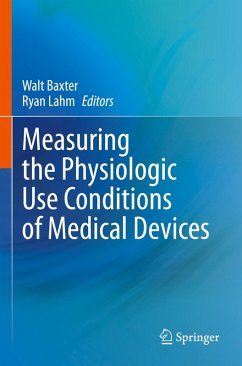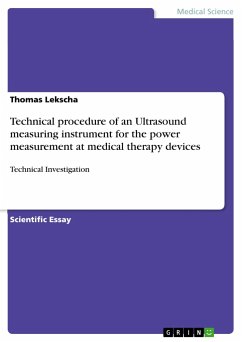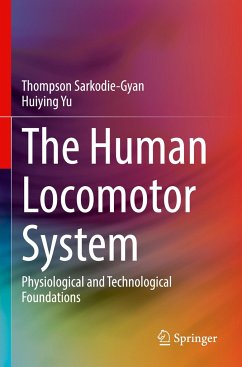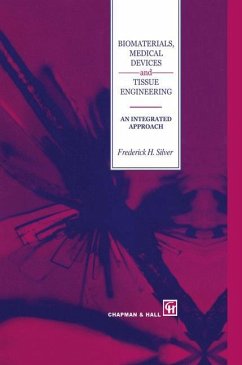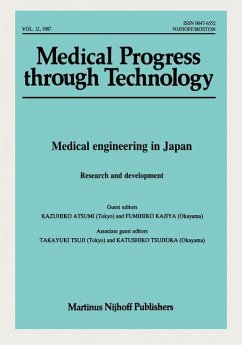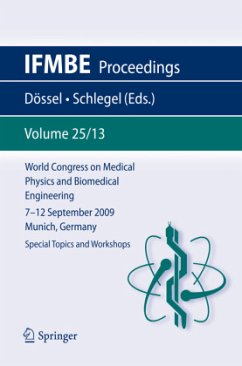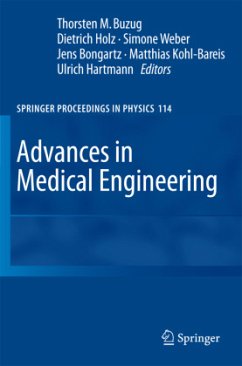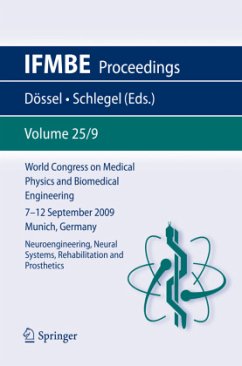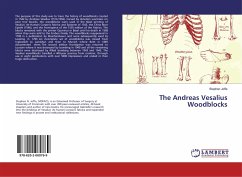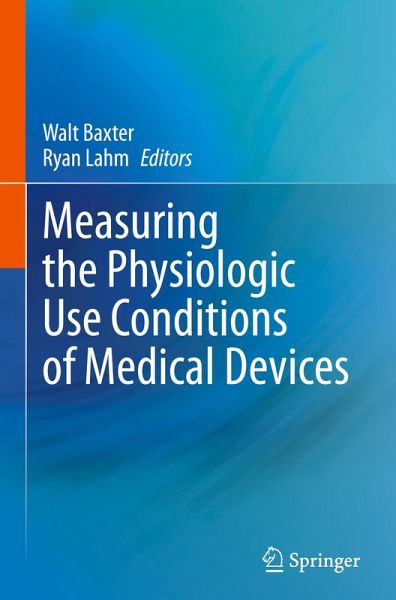
Measuring the Physiologic Use Conditions of Medical Devices

PAYBACK Punkte
53 °P sammeln!
The physiologic use conditions medical devices are subjected to during implant and long-term in vivo use are critical to ensuring device reliability, efficacy, and safety. This book highlights advanced analyses for measuring the physiologic use conditions of medical devices, introducing important challenges facing engineers. The chapters include:A working definition for the physiologic in vivo use conditions used to further improve medical device performance in patients.Introductions to common approaches used to measure medical device use conditions so that engineers can use similar techniques...
The physiologic use conditions medical devices are subjected to during implant and long-term in vivo use are critical to ensuring device reliability, efficacy, and safety. This book highlights advanced analyses for measuring the physiologic use conditions of medical devices, introducing important challenges facing engineers. The chapters include:
A working definition for the physiologic in vivo use conditions used to further improve medical device performance in patients.Introductions to common approaches used to measure medical device use conditions so that engineers can use similar techniques where useful.Detailed case studies that highlight problem statements, approaches for measuring physiologic use conditions, and example outputs from such analyses.
This book provides an up-to-date resource for device engineers so that they can accurately measure conditions that devices experience during and after implantation-key to reliability testing, computational modeling, and choosing optimum designs. This is an ideal book for medical device engineers and scientists designing and manufacturing devices for human use, students interested in understanding how devices interact with anatomy, and academic researchers seeking to apply advanced analyses to unmet use condition needs in the medical device field.
A working definition for the physiologic in vivo use conditions used to further improve medical device performance in patients.Introductions to common approaches used to measure medical device use conditions so that engineers can use similar techniques where useful.Detailed case studies that highlight problem statements, approaches for measuring physiologic use conditions, and example outputs from such analyses.
This book provides an up-to-date resource for device engineers so that they can accurately measure conditions that devices experience during and after implantation-key to reliability testing, computational modeling, and choosing optimum designs. This is an ideal book for medical device engineers and scientists designing and manufacturing devices for human use, students interested in understanding how devices interact with anatomy, and academic researchers seeking to apply advanced analyses to unmet use condition needs in the medical device field.



